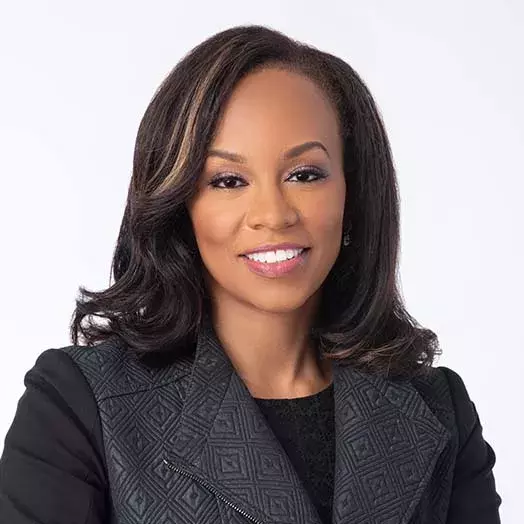
Carey alum leads Deloitte’s new Health Equity Institute
The business of health is changing, says Kulleni Gebreyes, MBA (’10) and National Health Care Consulting Leader and Director of Deloitte’s Health Equity Institute.
An organization’s financial growth and health equity, she notes, are no longer seen as at odds.
“If you’re in the business of health care, more likely than not you’ve always been mission driven. But historically, we have seen the mission and margin questions as a tension point. How are we going to fulfill our mission while also keep our doors open? Instead, of seeing that as a tension point, now we are asking, ‘How do I use my mission to be more competitive and grow? How do I address the drivers of health and health care disparities to reduce the cost of care?’” Gebreyes said.
Deloitte’s Health Equity Institute is a new social innovation and knowledge development organization. As director, Gebreyes seeks to move the field to achieve health equity as an outcome.
Through pro bono programs, philanthropy, and cross-industry collaborations, Gebreyes leads the overall strategic direction of the institute with a focus on addressing the root causes of health inequities as well as connecting, amplifying, and investing in efforts to advance health equity across geographies.
“Deloitte as an organization has been working on health equity for decades. But with the emergence of COVID-19 as a global pandemic and racism as a public health crisis, it’s not enough for us to do our best in our own lanes. We want to collaborate to drive exponential impact,” Gebreyes said.
Under her health care leadership more broadly, Deloitte works with organizations and community leaders to create strategies to drive health equity – internally for their workforce, and externally for their consumers, communities, and broader ecosystem.
“Deloitte is a professional-services firm. We convene nonprofits, health systems, and corporations and make health equity a top agenda item for the C-suite and board members. Then we go to the next levels of the organization and say, ‘How do we help activate that agenda and make it real?’ We convene the biggest organizations at the biggest scale to drive true institutional change,” Gebreyes said.
Earning an MBA: It’s like learning a new language
Before landing at Deloitte, Gebreyes earned her MD from Harvard Medical School and worked on the clinical side for more than 10 years. When she realized that physicians and hospital administrators “were speaking different languages,” she went back to school to earn an MBA at Johns Hopkins Carey Business School.
“I often joke that I’m a public health worker who became a clinician and realized we needed someone who understood business models,” Gebreyes said. “Administrators and clinicians were often at odds with each other. We could agree something was a problem, but we were coming to the table with competing priorities. My business degree allowed me to create programs and solutions that are financially sustainable.”
Today, Gebreyes says, she plays the role of “translator.”
“Earning your MBA is like learning a different language,” she said. “As a clinician walking into a room with administrators, it sounds like we are disagreeing or talking past one another because we are using different vernacular. My MBA gave me the language of the business world. Now I can represent the problems both patients and clinicians are having in a way the administrators can understand, and vice versa.”


